Commentaries
Your Present Location: Teacher_Home> He Weiwen> CommentariesChina vows to retaliate after US hikes tariffs
Source: Global Times Published: 2019-5-10
China said on Friday that it would retaliate after the US moved to increase tariffs on hundreds of billions of dollars' worth Chinese products on Friday, effectively breaking a months-long truce and seriously complicating ongoing talks.
"The Chinese side deeply regrets [the US actions] and will have to take countermeasures," the Chinese Ministry of Commerce (MOFCOM) said in a statement shortly after the US started to raise tariffs on Chinese goods.
Following through on earlier threats by US officials, the US raised a 10 percent tariff on $200 billion worth of Chinese products, including electronics, clothes and toys to 25 percent, starting at 12:01 pm Friday Beijing time.
The higher tariffs will apply to US-bound products that left China after 12:01 am on Friday US time, Reuters reported, citing the US Customs and Border Protection. Such a grace period was not offered in the previous three rounds of tariffs, the report said.
MOFCOM's brief statement did not specify what countermeasures China would take and when it will implement it, but analysts said that there are several measures China could take that will inflict pain on the US economy, and that the measures will be announced shortly.
"I think China will respond very soon," He Weiwen, a former senior Chinese trade official who is now a senior fellow at the Center for China and Globalization, told the Global Times on Friday. "China will also have to make good on its own words, otherwise it will be at a huge disadvantage to the US team at the negotiations."
The latest development came as officials on both sides pushed through with negotiations in Washington. After talks on Thursday US time, Chinese and US officials will continue talks on Friday.
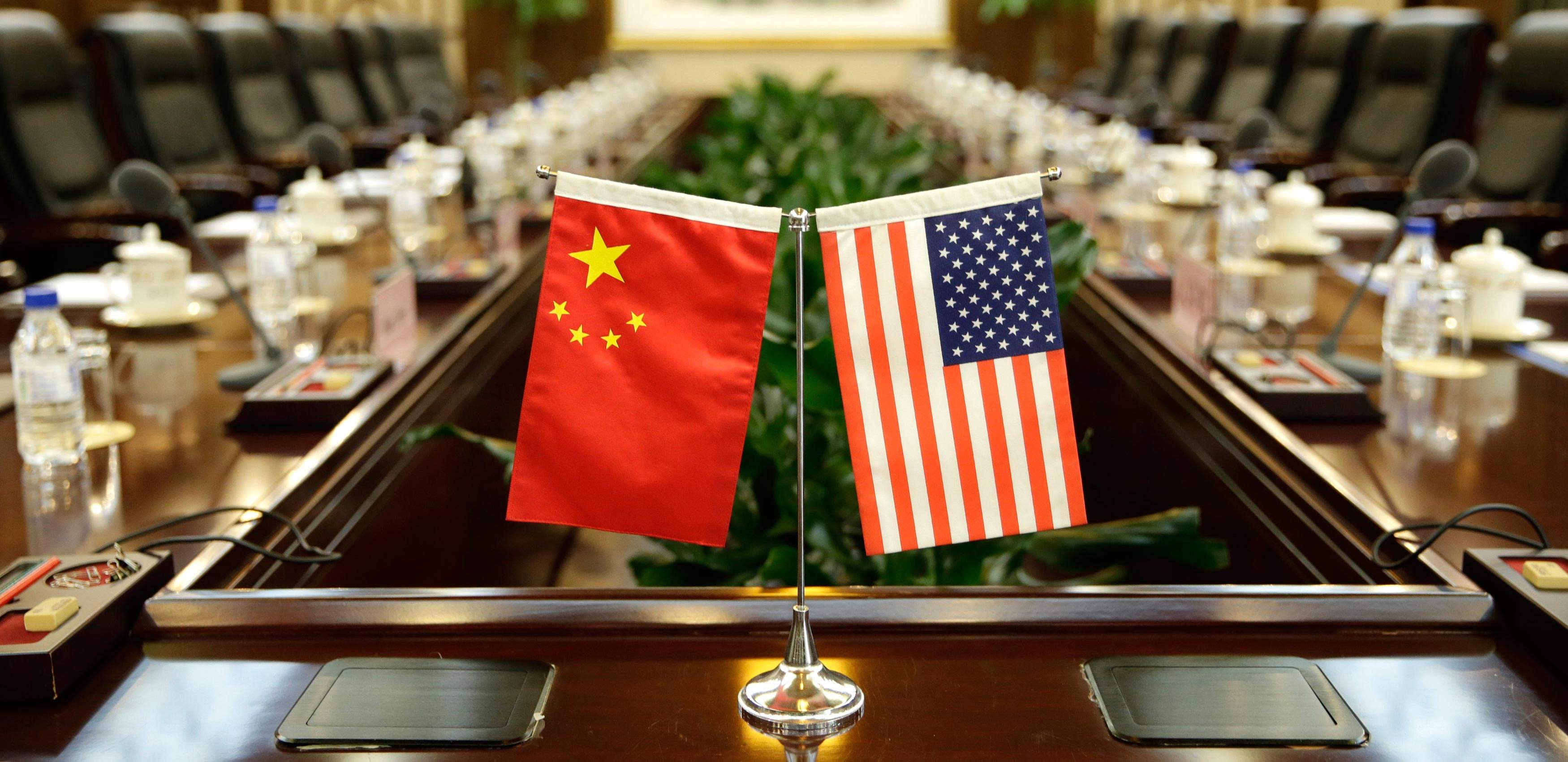
In the Friday statement, the MOFCOM also urged the US to meet China halfway in the ongoing negotiations and work together to resolve issues through cooperation and consultation.
"I think there is still a chance for the two countries to reach an agreement," Sang Baichuan, director of the Institute of International Business at the University of International Business and Economics, told the Global Times on Friday, noting that the two sides still appear eager to reach a deal, despite their tough rhetoric.
Chinese Vice Premier Liu He, who is leading the Chinese delegation to Washington, also expressed hope for the talks upon arrival in Washington on Thursday.
Liu said that he went to Washington with sincerity and hopes to engage in rational and candid talks with US officials under "the current special circumstances," the Xinhua News Agency reported.
However, the escalation in the tariff war further complicates the negotiations as either country is unlikely to back off from their tough talk because that would make them look weak, said a source in Washington familiar with the talks.
"What [US President Donald Trump] did was to push China away from signing a deal quickly," the source, who spoke on condition of anonymity, told the Global Times on Friday.
Countermeasures
Meanwhile, China will have to respond to the US tariffs to strengthen Chinese negotiators' hands at the talks, analysts said.
If China does not take any countermeasures against the US' "extortionist" actions, "it will be a total humiliation to the Chinese side," Sang said, noting that China has repeatedly stressed that it would not negotiate at gunpoint.
China is likely to take a comprehensive set of actions to counter the US, including increasing existing tariffs, slapping new tariffs on more US goods and other measures, analysts said.
"I think the measures will be comprehensive because we are running out of US goods to tariff," He said.
Recent upbeat data on China's foreign trade and economic growth also offered sufficient room for Chinese officials to maneuver in taking on the US.
Despite deteriorating external conditions, China's foreign trade grew by 4.3 percent year-on-year to 9.51 trillion yuan ($1.4 trillion) in the first four months of the year, with exports expanding 5.7 percent year-on-year, according to Chinese customs data.
China's economy also grew at a better-than-expected rate of 6.4 percent in the first quarter of the year and an array of other indicators, including consumption, investment, consumer inflation and industrial profit, also showed positive signs.
"The Chinese side is fully prepared and has the resolve and ability to safeguard its legitimate rights and interests," Gao Feng, a spokesperson for the Ministry of Commerce, told a press briefing on Thursday.
He Weiwen is a senior fellow of Chongyang Institute for Financial Studies at Renmin University of China.




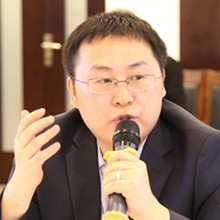











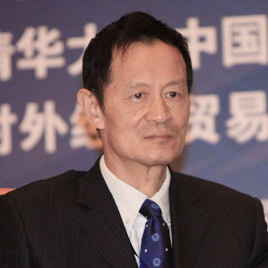



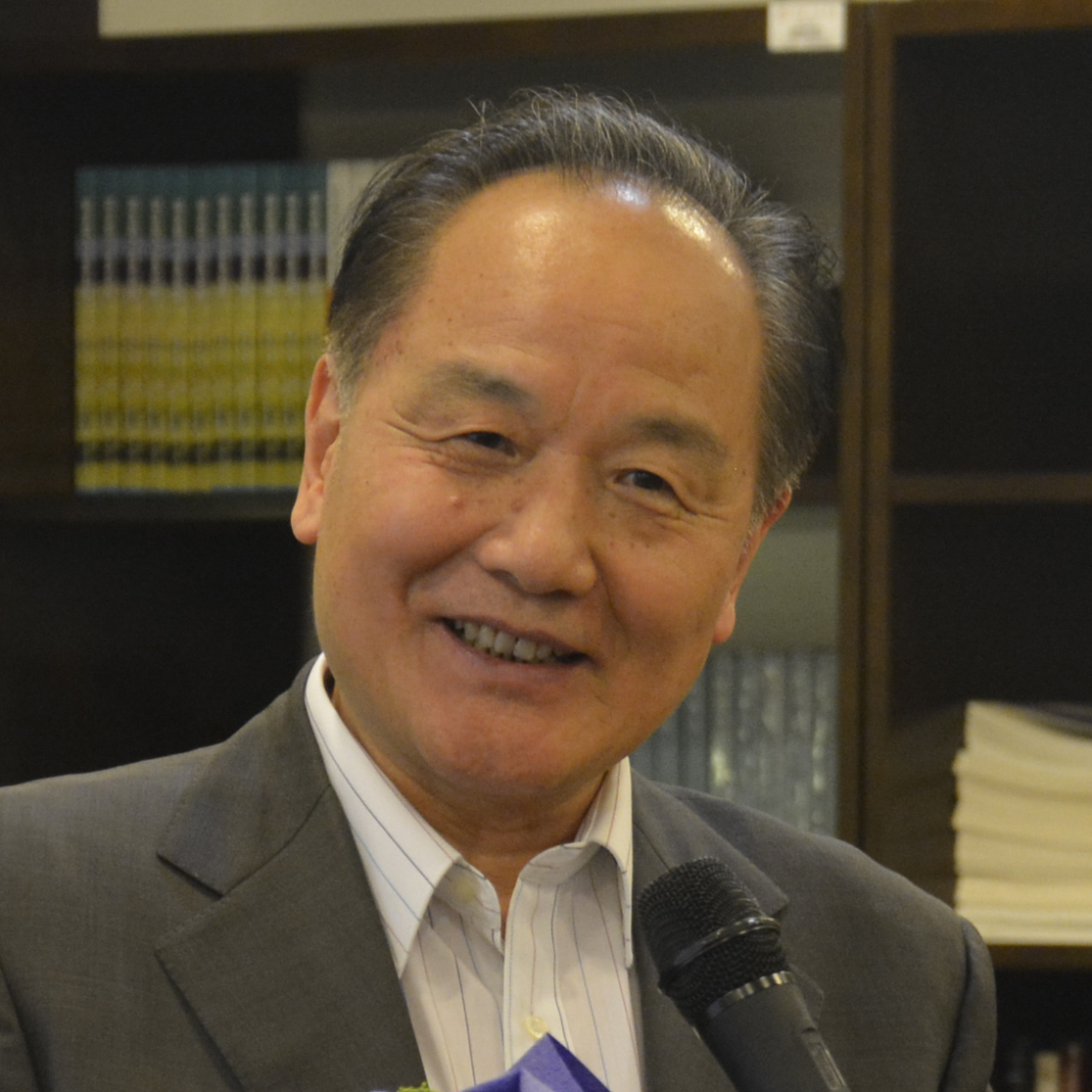



























































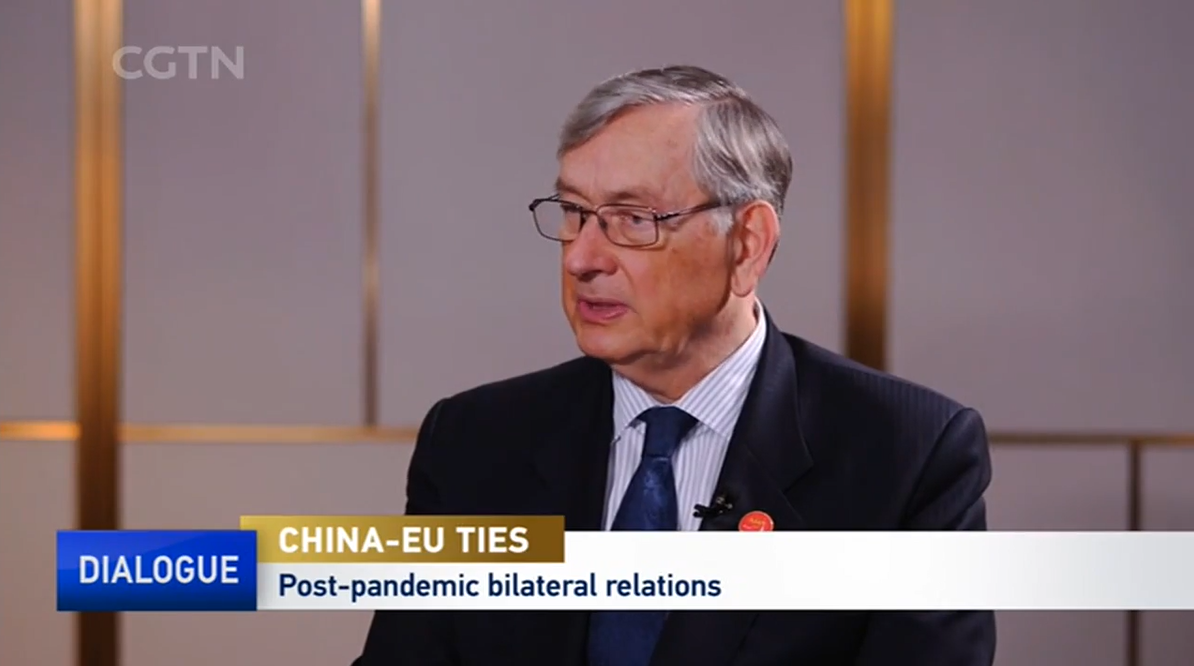
 京公网安备 11010802037854号
京公网安备 11010802037854号





